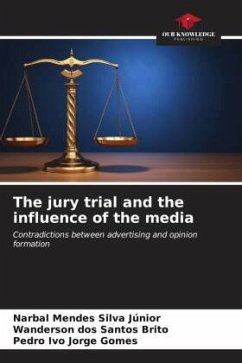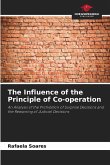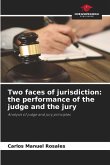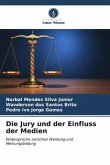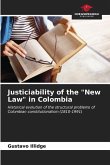The aim of this book is to analyze the influence of the media on the jury trial in the face of the principle of impartiality of jurors. The study is based on qualitative bibliographical research, carried out using the deductive method. The jury court is responsible for judging intentional crimes against life, which are provided for in the Brazilian Penal Code of 1940. The principle of publicity is valuable for procedural acts, because it offers interested parties and even the general public the chance to monitor and supervise procedural acts so that the judge can adhere to all procedural requirements in his decisions. However, the publicity given by the media to high-profile cases can lead to early judgment and violate the principle of the presumption of innocence. It is in this context that this book sets out to provide theoretical reflections on the influence that the media can have on the jury trial.
Bitte wählen Sie Ihr Anliegen aus.
Rechnungen
Retourenschein anfordern
Bestellstatus
Storno

